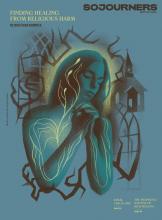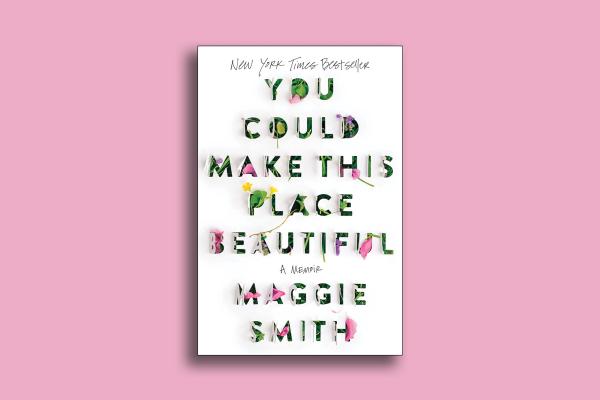OUT OF DARKNESS, the Lord lit a flame — then shaped humans by the glow and placed them in a garden, charging them to tend it and make it beautiful. In her new memoir, poet Maggie Smith promises that this is possible: You Could Make This Place Beautiful.
Smith explores her rise to fame after the publication of “Good Bones,” deemed the “official poem of 2016” by Public Radio International and the source of her memoir title. In the poem she writes, “Life is short and the world / is at least half terrible, and for every kind / stranger, there is one who would break you, / though I keep this from my children. I am trying / to sell them the world. Any decent realtor, / walking you through a real shithole, chirps on / about good bones: This place could be beautiful, / right? You could make this place beautiful.”
According to Smith, her rise in popularity contributed to the end of her marriage. In her memoir, she shares how she forged her way back to herself. She realized her marriage was structured around patriarchal gender roles: She’d spent years of her adult life with a man who saw her writing as an activity for her “spare time,” outside of housework and child care. At the end of her marriage, Smith asked, “What do I have now? What do I have to hold on to?” She goes on, “When I looked down, I saw the pen in my hand.”
Read the Full Article

